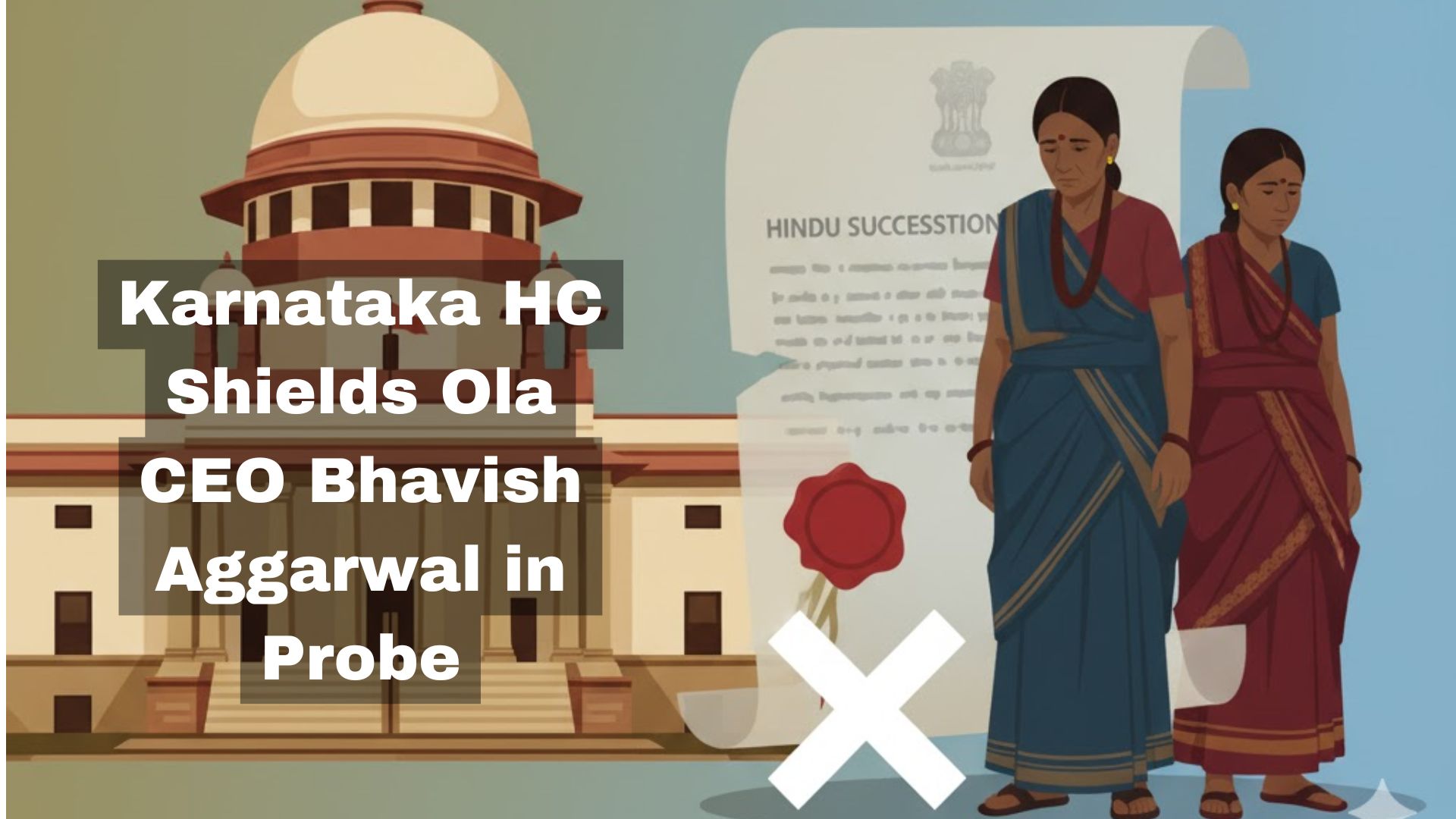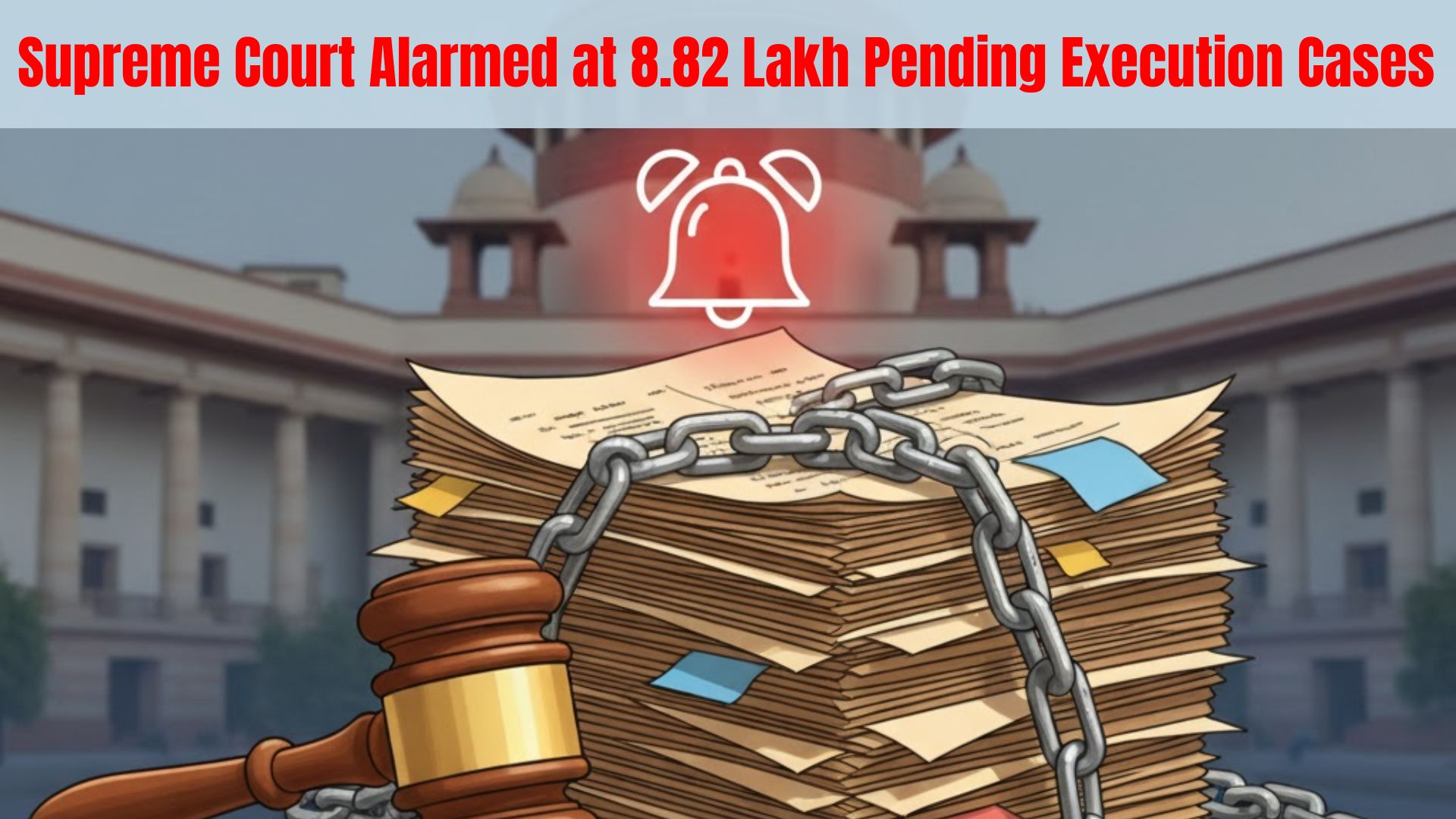Satyabrata Sinha, J.@mdashThe writ Petitioners-Respondents in these appeals have been working as ''Head Rakshak Driver Grade-I, Head
Rakshak Driver Grade-I and Head Rakshak Driver Grade-III''.
Their conditions of service are governed under the provisions of the Railway Protection Force Act, 1957 (hereinafter referred to as ''the said Act'')
and the Rules framed thereunder.
2. Section 3 of the said Act provides that an Armed Force known as Railway Protection Force shall be constituted and maintained by the Central
Government for the better protection and security of the Railway property which was required to be constituted in such manner and consisting of
such members of superior officers, subordinate officers, under officers and other enrolled members of the Force as may be prescribed.
3. Section 5 of the said Act, inter alia, specifies Rakshaks as one of the classes of other ranks. Section 21(2)(a) of the said Act confers power
upon the Central Government to make rules for carrying out the purposes of the Act including regulating the class, grades, pay and remuneration of
the members of the Force and their conditions of service therein.
4. The post of Driver was specified as Head Raskshak Driver under the heading ''Ancillary Staff''. The scale of pay of Head Raskshak (Driver)
was prescribed under the Heading Miscellaneous Branch at Rs. 260-400 in terms of Rule 28 of the Railway Protection Force Rules, 1959. The
said 1959 Rule was repealed and re-enacted by the Railway Protection Force Rules, which came into force with effect from December 3, 1987.
Rule 78 of the 1987 Rules prescribed pay and allowances of the members of the Force whereby the scale of pay of the Drivers has been fixed as
follows:
Driver Grade I Rs. 1320-2040
Driver Grade II Rs. 1200-1800
Driver Grade III Rs. 950-1500
5. For the revision of pay of the Railway employees a Committee was constituted.
6. According to the writ Petitioners, they, in terms of the recommendation of the said Committee, were entitled to a higher scale of pay and/or all
the allowances payable to a Railway Employee as is otherwise payable to the Ancillary Staff. At this juncture, it is relevant to note the reliefs
prayed for in the writ petition which is in the following terms:
a) A Writ of and/or in the nature of Mandamus commanding the Respondent authorities to grant the scale of pay of Rs. 1,2000-1,8000.00 as
applicable to the Assistant Sub-Inspectors of Railway Protection Force, alternatively to extend the scale of pay of Rs. 950-1500 as extended to
the Railway employees with the benefits of 40 days bonus, overtime wages, night duty allowance and other benefits like paid holidays/rest days
etc. as extended to the Railway employees in the corresponding grade, with retrospective effect from the date the present impugned scale was
brought into operation.
7. It is not and cannot be the case of the Respondents that their duties and functions are similar to those of the Assistant Sub-inspector of Railway
Protection Force and as such ex-facie they can not invoke the doctrine of ''equal pay for equal work'' in the instant case.
8. The sole question, which arises for consideration in these appeals, is whether in view of the aforementioned statutory provision, this Court could
direct grant of any scale of pay or allowance in exercise of its Jurisdiction under Article 226 of the Constitution of India.
9. The learned Trial Judge in his judgment impugned before us had not posed upto himself the aforementioned question. It appears that before the
learned trial Judge a Circular Letter issued by the Railways had been placed and the entire discussions made by the learned trial Judge centres
round the question as to whether the said circular letter shall prevail over the service rules. The learned Judge held that it would not.
10. There cannot be any dispute on the proposition of law that when there exists a statutory rule, the same cannot be supplanted by a Circular
Letter. But, in our opinion, the learned trial Judge proceeded wholly on a wrong premise by making the rule absolute without addressing itself the
contentions raised at the Bar.
11. It is now a trite law that the court in exercise of its jurisdiction under Article 226 of the Constitution of India cannot fix any scale of pay or the
quantum of allowance payable to an employee particularly when the same had been considered by an expert committee. In these appeals, the
cases of the Appellants stand on a higher pedestal as the scale of pay of the writ Petitioners has been fixed under statutory rules.
12. The Apex Court in Union of India (UOI) and Another Vs. P.V. Hariharan and Another, at p. 570 at para. 5 (per B.P. Jeevan Reddy J.),
observed:
It is the function of the Government which normally acts on the recommendations of a Pay Commission, Change of pay scale of a category has a
cascading effect. Several other categories similarly situated, as well as those situated above and below, put forward their claims on the basis of
such change. The Tribunal should realise that interfering with the prescribed pay scales is a serious matter. The Pay Commission, which goes into
the problem at great depth and happens to have a full picture before it, is the proper authority to decide upon this issue. Very often the doctrine of
''equal pay for equal work'' is also being misunderstood and misapplied, freely revising and enhancing the pay scales across the board. We hope
and trust that the Tribunals will exercise due restraint in the matter. Unless a clear case of hostile discrimination is made out, there would be no
justification for interfering with the fixation of pay scales. We have come across orders passed by Single Members and that too quite often
Administrative Members, allowing such claims. These orders have a serious impact on the public exchequer too.
13. Recently a Special Bench of Five Judges of this Court in Baidyanath Mukherjee v. Vivekananda Goswami A.P.O. No. 601 of 1987 and other
analogous cases disposed of on October 6, 1999 while considering the question of scale of pay of the officers working on the Original Side vis-a-
vis the Appellate Side of this Court held:
The answer to the question depends upon several factors. It does not depend either the nature of work or volume of work done by Bench
Secretaries. Primarily it requires among others, evaluation of duties and responsibilities of the respective posts. More often functions of two posts
may appear to be the same or similar, but there may be difference in degrees in the performance. The quantity of work may be the same, but
quality may be different that cannot be determined by relying upon averments in affidavits of interested parties. The equation of posts or equation of
pay must be left to the Executive Government. It must be determined by expert bodies like Pay Commission. They would be the best Judge to
evaluate the nature of duties and responsibilities of posts. If there is any such determination by a Commission or Committee, the court should
normally accept it. The Court should not try to tinker with such equivalent unless it is shown that it was made with extraneous consideration. The
ld. Counsel for the Appellants also referred to Umesh Chandra Gupta v. Oil & Natural Gas Commission and Ors., wherein it had been observed
by Supreme Court that the nature of work and responsibilities of the posts are matters to be evaluated by the management and not for the Court to
determine by relying the averments in the affidavits in the interest of parties, in Supreme Court Employees ''Welfare Association case (supra) in
paragraph 42 of the reported decision M.M. Dutta J., observed:
It is really the business of the Government or the management to fix the payscales after considering various other matters and the Court can only
consider whether such fixation of pay-scales has resulted in an invidious discrimination or is arbitrary or patently erroneous in law or in fact.
14. Furthermore, this Court while exercising its jurisdiction under Article 226 of the Constitution of India must consider the serious impact of such
a direction as the decision will apply to all the Drivers of the Railway Protection Force working throughout India.
15. This aspect of the matter has been considered in Indian Railway SAS Staff Association and Ors. v. Union of India and Ors. 1998 (4) S.L.R.
126.
16. In any event, as noticed above the Petitioner had prayed in the alternative but the learned trial Judge only directed that the rule be made
absolute without indicating as to which of the alternative reliefs prayed for by the Petitioners had been granted. The said relief, therefore, is
inexecutable.
17. The writ Petitioners, inter alia, contended that the Fourth Pay Commission ought to have considered their cases. The question as to whether
the recommendation of any Pay Commission would be accepted or not and if accepted, to what extent being an executive function, the court
should not ordinarily interfere therewith. In the instant case, the matter was considered independently by the Government and the Scale of Pay of
the Drivers were fixed by framing 1987 Rules and fixing the scale of pay of the Drivers in Rule 78 thereof which came into force with effect from
October 3, 1987. The writ Petitioner had not questioned the vires of the said Rule. The statutory rule governing the conditions of service would,
therefore, hold the field.
18. The learned trial Judge, therefore, must be held to have erred in passing the impugned judgment.
19. For the reasons aforementioned the impugned judgment cannot be sustained which is accordingly set aside. The appeals are allowed.
However, in the facts and circumstances of this case there will be no order as to costs.
Ashok Kumar Mathur, C.J.
20. I agree.

